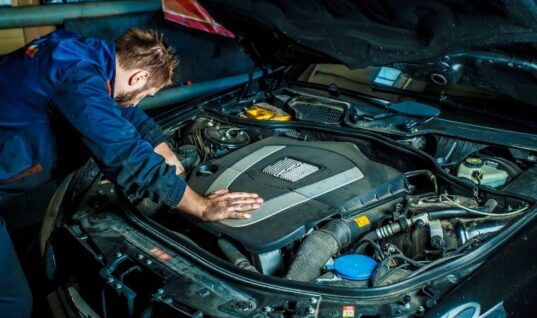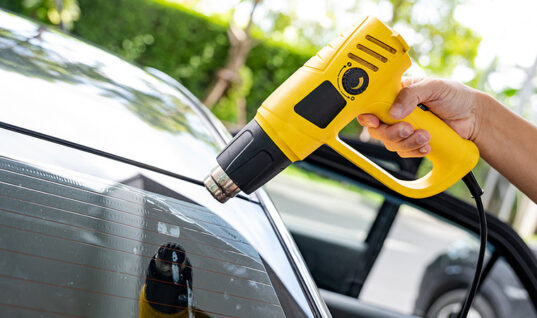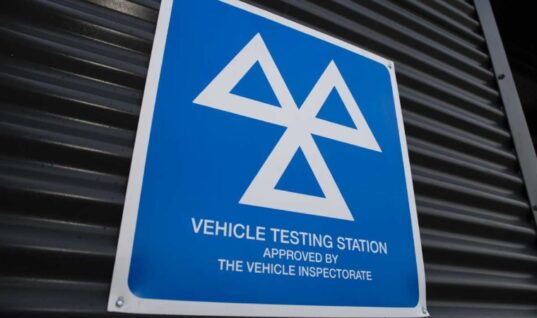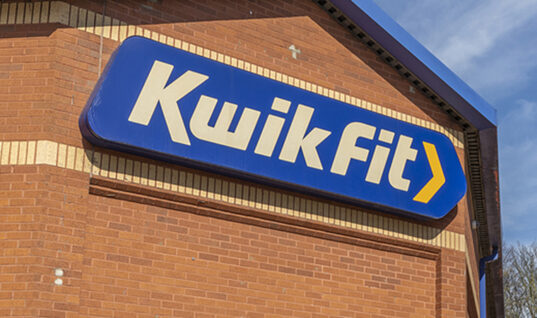As the colder weather continues to envelop the nation, First Line is urging the industry to consider a vehicle’s cooling system health, as in the chillier months, the challenge isn’t just about keeping a vehicle’s engine warm but also ensuring it operates efficiently.
“Winter can be tough on vehicles, especially the cooling system,“ said Kelvin Olds, product director at First Line.
“Our comprehensive range of thermostats and water pumps, part of our Borg & Beck brand, are engineered to provide reliability and optimal performance, which is critical in the cooler months.”
The colder season demands meticulous attention to the cooling system to prevent the engine from overheating. Issues, such as coolant leakage, evaporation, and improper maintenance, can lead to suboptimal performance or even serious damage.
Regular checks for leaks, maintaining coolant levels, and inspecting radiator caps are essential, explains First Line. More than just topping up fluids, it involves ensuring the right coolant mix is used to prevent freezing at low temperatures, a common issue in regions like the North East, where temperatures can drop drastically.
First Line also suggests that it is a good idea to inspect the coolant for any signs of contamination or discoloration, which may indicate issues such as corrosion or coolant degradation. Proper coolant levels and condition are essential for effective heat dissipation and engine protection in cold weather conditions.
As the thermostat plays a crucial role in regulating engine temperature by controlling the flow of coolant, during colder seasons, a malfunctioning thermostat can disrupt this balance, leading to overheating or insufficient warming of the engine. It’s essential to inspect the thermostat for any signs of wear, corrosion, or malfunction.
If the thermostat fails to open or close properly, it can result in inefficient cooling system operation, increased fuel consumption, and potential engine damage.
Replacing a faulty thermostat is a relatively inexpensive preventive measure that can prevent costly repairs down the road.
Hoses are also integral components of the cooling system, responsible for circulating coolant between the engine, radiator, and other cooling components. As temperatures plummet, rubber hoses become more susceptible to cracking, splitting, or becoming brittle due to freezing conditions.
First Line recommends inspecting all coolant hoses for signs of wear, leaks, or damage, paying close attention to areas where hoses connect to fittings or components, and replacing any hoses showing signs of deterioration to prevent coolant leaks, which can again lead to engine overheating and damage.
Kelvin Olds added: “Our products aren’t just about parts; they’re about assurance. A vehicle’s cooling system is complex, and overlooking its maintenance can lead to expensive repairs. With our thermostats and water pumps, technicians can ensure that drivers can confidently navigate winter roads, knowing their vehicle’s engine is protected.
“A combination of regular check-ups and using reliable components, like those offered by First Line, can ensure a safe and uninterrupted driving experience during the cold season. Remember, preventative maintenance is key to avoiding unnecessary expenses and keeping a vehicle running long and strong.”
Click here for more information about First Line range of thermostats and water pumps.







